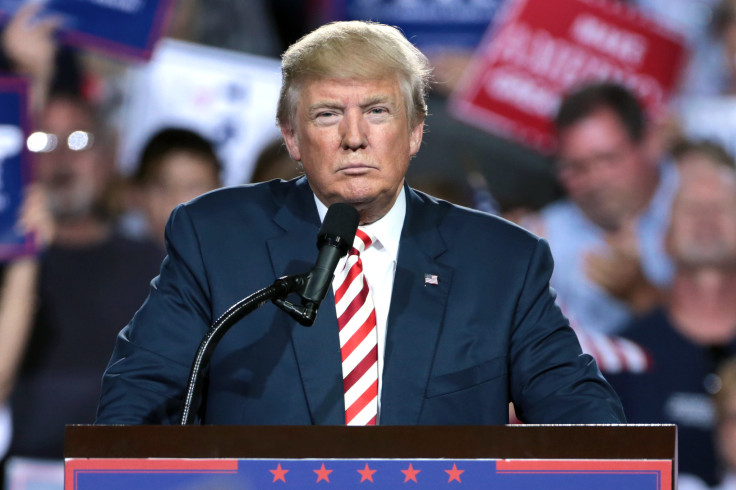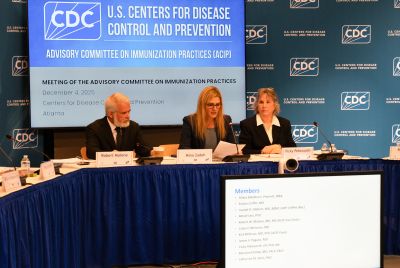AstraZeneca Joins Trump's Push to Make Medicines Cheaper — But Why Are Critics Skeptical?
The UK firm joins Pfizer as the latest pharmaceutical giant to reach an agreement with the US government.

United States President Donald Trump has announced a new deal with British pharmaceutical giant AstraZeneca to supply discounted medicines to the country's Medicaid programme in exchange for tariff relief.
According to statement released by the White House, the new arrangement with AstraZeneca requires the company to adopt a 'most-favoured-nation' pricing model to ensure that Medicaid pays no more than the lowest prices available across other advanced economies, including for newly launched drugs.
'For many years, Americans have paid the highest prices in the world for prescription drugs, by far,' Trump said. He added that this new deal would allow price drop to the lowest price anywhere in the world.
Reportedly, the agreement requires AstraZeneca to reduce costs for low-income Americans through the government's Medicaid programme and for customers using Trump's own TrumpRx website.

White House's Effort to Lower Drug Prices
The latest deal with AstraZeneca forms part of the White House's broader initiative to drive down the soaring cost of prescription drugs in the US. In July, the president addressed letters to 17 major pharmaceutical companies urging them to slash prices. AstraZeneca is now the latest company to strike such a deal, following a similar agreement reached with Pfizer last week.
In a prior agreement with Pfizer, the firm committed to lowering the cost of its medicines for Medicaid patients to match prices charged in other developed nations. This was done in return for a reprieve from tariff threats by Trump.
Prescription medication costs in the US are significantly higher than in other industrialised nations, often almost three times more. President Donald Trump has been pressing pharmaceutical firms to align US prices with those paid abroad or face severe penalties.
Following months of negotiations, Trump intensified pressure on the industry earlier this year by threatening 100% tariffs on drugmakers unless they agreed to price cuts and moved production to the US, according to lobbyists and executives cited by Reuters after the Pfizer agreement.
Doubts Over Real Impact on US Healthcare Expenses
Medicaid, a joint federal and state program for low-income individuals, covers nearly 70 million Americans. However, the larger Medicare programme, which serves people aged 65 and over or those with disabilities, was not included in the deal.
According to Reuters, this is despite the fact that it is accounting for far higher drug spending, reaching $216 billion in 2021 compared with $80 billion for Medicaid.
Experts, however, are sceptical about the deal's true impact. Professor Craig Garthwaite of Northwestern University's Kellogg School of Management noted that Medicaid already secures some of the lowest prescription prices in the country. 'If you look at AstraZeneca's portfolio, I don't think there are a bunch of drugs that exist where that's going to involve them giving a very big discount to Medicaid,' he explained.
Boston University's Associate Professor Rena Conti argued that, while the agreement might shield AstraZeneca from tariffs, it is unlikely to ease the growing burden of health insurance premiums and prescription costs faced by Americans.
© Copyright IBTimes 2025. All rights reserved.





















